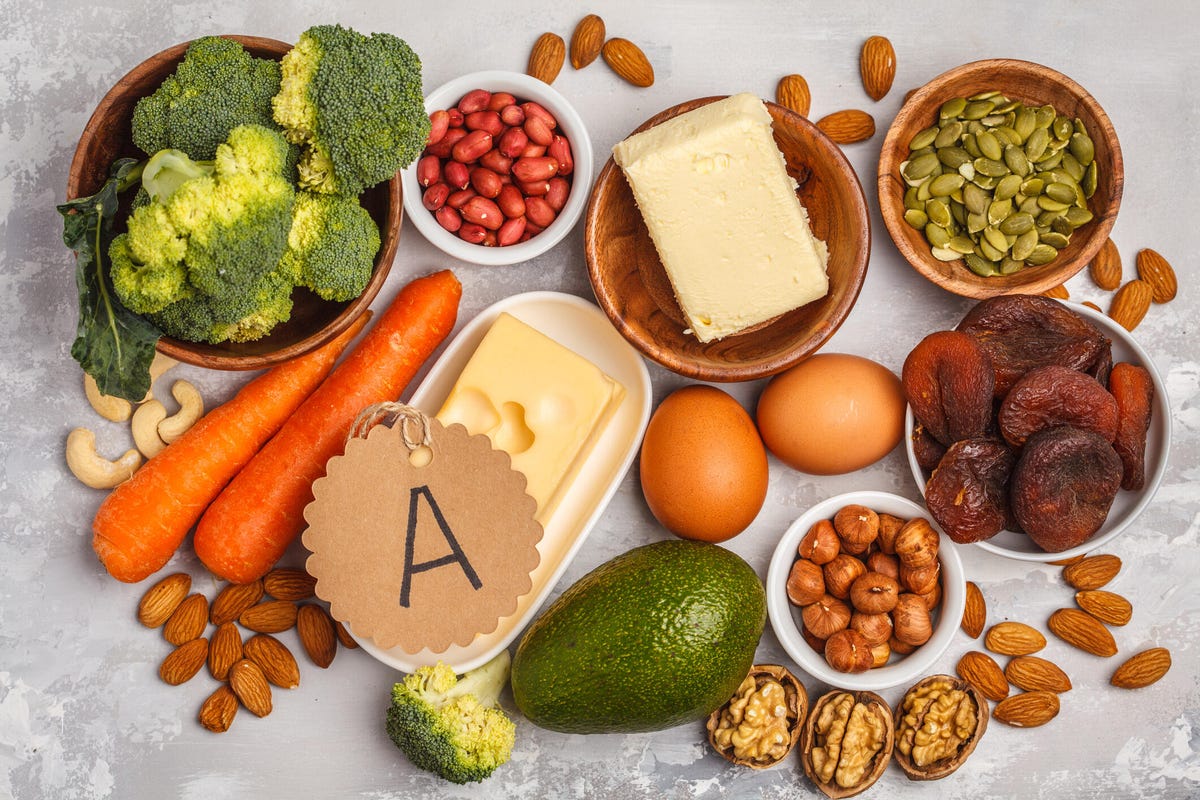The nutritional supplements for hair growth give your body the extra fuel it needs to grow thick, strong, and healthy strands. While a balanced diet plays a key role, certain nutrients in biotin, collagen, vitamin D, iron, and omega-3 fatty acids directly influence hair strength and density. Deficiency in these elements can cause thinning, slow growth, or excessive shedding. Supplementing ensures your hair follicles get consistent nourishment. From vitamins that energize hair cells to minerals that improve scalp circulation, the right nutrition keeps your hair vibrant. Let’s explore which supplements truly make a difference and how they work inside your body.

Biotin – The Hair Growth Booster
Biotin, also called vitamin B7, is one of the most recognized nutritional supplements for hair growth. It supports the production of keratin, the protein that makes up each strand. When your body has enough biotin, hair becomes less prone to breakage. Natural food sources include eggs, almonds, and sweet potatoes, but supplements provide a concentrated boost. People with brittle hair often see improvement after consistent biotin intake. This nutrient also supports healthy nails and skin, making it a triple-benefit supplement. Since biotin is water-soluble, your body uses what it needs and flushes out the rest, so daily intake is safe for most adults.
Collagen – Building Stronger Strands
Collagen acts as the foundation for hair structure. As we age, collagen production drops, making hair weaker. Taking collagen supplements supplies amino acids that rebuild and strengthen hair follicles. Marine collagen is especially effective because your body absorbs it quickly. Pairing collagen with vitamin C-rich foods boosts absorption. Collagen not only strengthens hair but also improves scalp elasticity, ensuring better follicle anchoring. Regular intake can make strands thicker and reduce breakage.

Vitamin D – The Follicle Activator
Low levels of vitamin D link directly to hair thinning. This vitamin helps create new follicles and supports the health of existing ones. Supplements are helpful for those with limited sun exposure. Vitamin D3 is the preferred form for better absorption. Alongside bone health benefits, vitamin D keeps the scalp environment healthy for continuous growth. Combining it with healthy fats like avocado or nuts improves nutrient uptake.
Iron – Boosting Oxygen Supply
Iron deficiency is a common reason for hair shedding, especially in women. Iron transports oxygen to hair roots, energizing follicle cells. Without enough iron, growth slows and strands weaken. Supplements restore healthy oxygen flow, allowing hair to grow thicker and stronger. Combine iron-rich foods like spinach or red meat with vitamin C to improve absorption. Check your iron levels before supplementing to avoid excess intake.
Omega-3 Fatty Acids – Nourishing from Within
Omega-3 fatty acids keep hair hydrated, shiny, and less prone to breakage. Found in fish oil, chia seeds, and flaxseeds, these fats reduce scalp dryness and inflammation. Supplements work well for people who do not eat fish regularly. Omega-3s also improve blood circulation in the scalp, feeding follicles with essential nutrients. Over time, they contribute to thicker, more resilient hair.
:max_bytes(150000):strip_icc():format(webp)/GettyImages-1820641054-1da244ab204c4688b5a79a6585eab34c.jpg)
Choosing the Right Supplement Blend
A balanced supplement plan includes biotin, collagen, vitamin D, iron, and omega-3 fatty acids in the right proportions. Look for trusted brands with clear labeling. Avoid products with unnecessary fillers. Consistency matters more than high doses—steady intake over months gives the best results.
Conclusion
Healthy hair starts inside your body. The right nutritional supplements for hair growth provide essential building blocks for stronger, thicker strands. Combined with a balanced diet and good scalp care, they help your hair reach its full potential—naturally and effectively.
